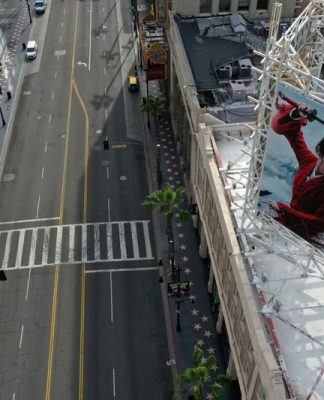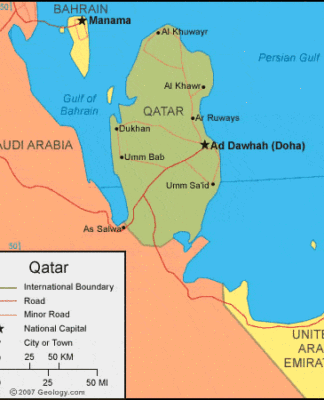GREEN NEWS
France votes to ban deep-sea mining in its waters: Why is this practice so controversial?
Greenpeace activists from New Zealand and Mexico confront the deep sea mining vessel Hidden Gem, commissioned by Canadian miner The Metals Company in November 2022.
Greenpeace activists from New Zealand and Mexico confront the deep sea mining vessel Hidden Gem, commissioned by Canadian miner The Metals Company in November 2022. – Copyright REUTERS/Gustavo Graf
By Lottie Limb • Updated: 18/01/2023
The French Parliament has voted in favour of banning deep-sea mining in its waters, in an emphatic move against the controversial practice.
The vote was won with an absolute majority yesterday (17 January) and the National Assembly is now urging the government to adopt the moratorium.
Deep-sea mining would see heavy machinery being used on the ocean floor to suck up small rocks containing rare metals. Though it’s still at an exploratory stage, companies are very interested in the cobalt, nickel and manganese which could be extracted for car batteries.
But scientists are concerned about the potentially devastating impact on marine ecosystems. As well as the climate, given the vast amounts of CO2 stored at these depths.
Nicholas Thierry, the Green MP who tabled the motion, welcomed the vote as a “victory for the seabed and environmentalists” last night.
“What an accomplishment after several months of work with NGOs and MPs from different political persuasions, to finally see our resolution against seabed mining adopted in the Chamber!” he tweeted.
They can count on the President’s support. Emmanuel Macron has already made his opposition to high-sea mining clear – most notably at COP27 where he called for a new legal framework to stop extractive activities from going ahead.
Only 1% of the high seas are safeguarded: Can the UN’s ocean treaty finally change that?
First ever footage of the Antarctic seabed reveals a thriving ecosystem threatened by ice melt
Why is deep-sea mining so dangerous?
Lemouton Stephane/ABACA/REUTERS
The French president has also called for more research into oceans.Lemouton Stephane/ABACA/REUTERS
From a darkening 200m and down, Earth’s ‘deep seas’ make up 90 per cent of the ocean. Because they are so inaccessible, they still hold huge mysteries for science.
This lack of scientific knowledge constitutes a “major risk for the safeguarding of these areas”, according to the National Assembly’s new resolution, which calls them “the common heritage of humanity.”
Most of the species in these remote ecosystems have adapted to the unique conditions of the ocean depths and are extremely vulnerable to human disturbance.
A still greater existential threat is the release of greenhouse gases sequestered in ocean soils.
In September 2022, Canadian firm The Metal Company got a ‘test permit’ to extract over 3,000 tonnes of polymetallic ‘nodules’ (small rocks) 4,000 metres deep in the heart of the Pacific.
Undercover footage from its first tests shows a black stream of sediment spewing from the ship. French newspaper Le Monde reports that this played a big role in the parliamentary discussion, which also saw Les Misérables author Victor Hugo quoted.
Resolved to set an example in its own waters, France has cancelled an “underwater exploitation demonstrator project”, the paper adds.
France becomes first European country to ban fossil fuel ads – but does the new law go far enough?
Dolphins have to ‘shout’ to hear each other over noise pollution, research reveals






























